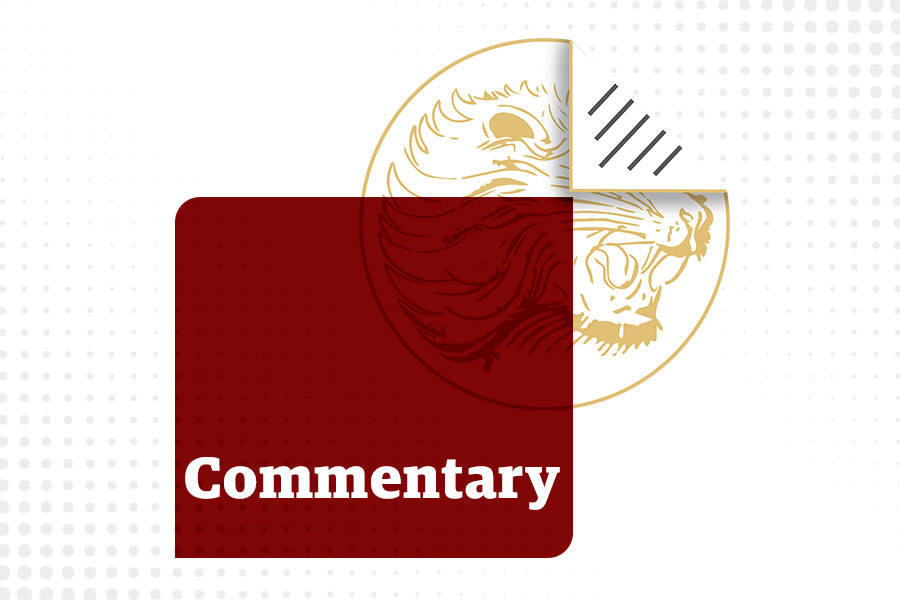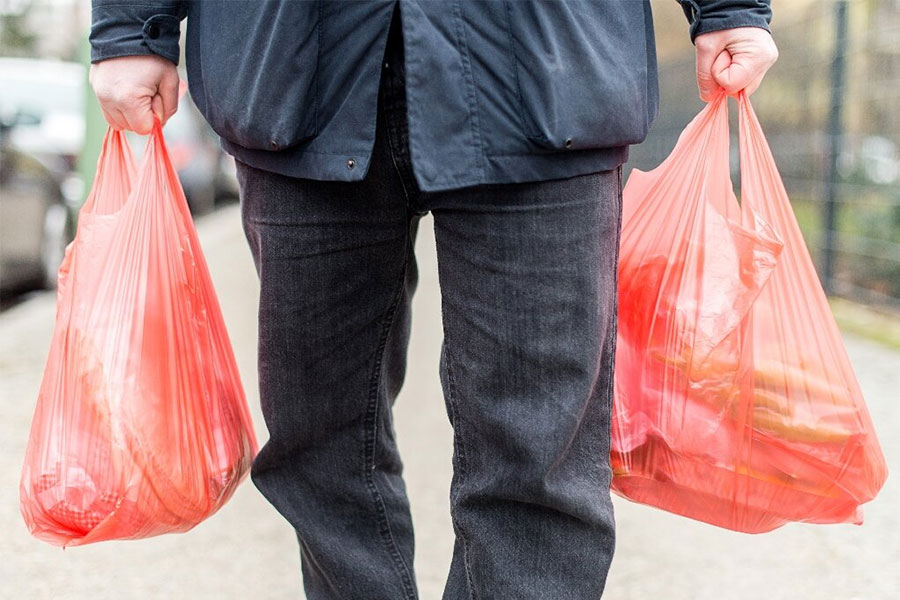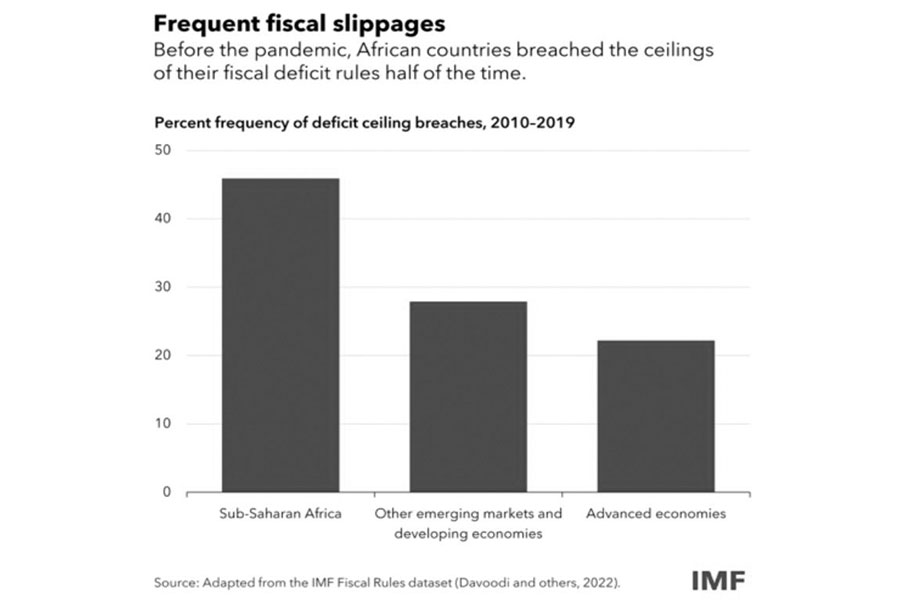
Radar | Sep 22,2024
Jul 12 , 2025
By Serah Makka , Rosemary Mburu
The annual meeting of the World Health Organisation's member states, May's 78th World Health Assembly (WHA), ended on a self-congratulatory note. From an agreement on pandemic preparedness to increases in assessed contributions to the WHO, there were plenty of achievements to tout. But there was an elephant in the room, hiding behind a banner reading "One World for Health" (the event's theme), the high borrowing costs faced by African countries.
Despite being the world's youngest continent, Africa bears 24pc of the global disease burden. Yet, it accounts for less than one percent of global health spending. In 2001, African countries decided to take matters into their own hands, pledging to devote at least 15pc of national budgets to health. However, more than two decades later, only two countries have reached that target. On average, governments on the continent allocate a mere 1.48pc of their GDP to health, while 37pc of health spending comes directly out of citizens' pockets.
Borrowing costs are a major reason why. Whereas high-income countries borrow at an interest rate of two to three percent, their African counterparts can face rates above 10pc. This discrepancy, which reflects investors' perception of heightened risk in African economies, means that governments on the continent often must choose between making debt payments or buying medicines, hiring doctors, and building health clinics. The cost of capital costs lives.
Consider Kenya's ill-fated Managed Equipment Services (MES) program, a public-private partnership designed to enhance service availability at hospitals by providing modern equipment. The program did provide high-tech equipment to many hospitals. But, given the cost of capital for investment, Kenya could not deliver the infrastructure or personnel to use it.
In Ghana, where debt-service costs have left little fiscal space, nearly 75pc of the government's health budget now goes to healthcare workers' wages, leaving little funding for other crucial expenses, from medicines to maternal health programs. In 2023, a shortage of antimalarial drugs forced some rural clinics to direct patients to purchase the medicine they needed directly from private pharmacies. Many families thus faced a harrowing choice between being driven further into poverty and sending a loved one to an early grave.
For many African countries, high borrowing costs have contributed to dependence on the goodwill of foreign donors. But aid-dependent healthcare systems are fundamentally fragile. We saw this during the COVID-19 pandemic, and we are seeing it now, as European countries scale back their development spending to free up space for other priorities, and the United States (US) dismantles its entire aid apparatus, beginning with the US Agency for International Development (USAID).
In Malawi, those cuts have already forced critical programs, such as for HIV treatment and prevention, to scramble for funds. Local NGOs have been forced to lay off outreach workers, and patients with tuberculosis or HIV have gone without care. As one community health nurse in South Africa lamented, "My fear is mortality is going to be very high."
Africans' health cannot depend on the generosity of others. Governments should be able to invest in stable, resilient, self-sustaining health systems. To raise funds, Senegal and Zambia are experimenting with "health taxes" on alcohol and sugary drinks. Debt-for-health swaps in countries like Seychelles have shown promise. Nigeria's diaspora health bonds could unlock billions in financing if they are matched with concessional capital and guarantees from multilateral banks.
Ultimately, there is no substitute for affordable, predictable capital. That is why lowering borrowing costs should be a key priority at the G20 summit this November.
This means, first, tackling structural factors such as outdated international regulations and biases in risk assessments. It also means delivering timely and meaningful debt relief. This will require innovative mechanisms, such as debt-for-health swaps, and increasing the use of pause clauses in existing loans and new debt contracts that allow for debt payment suspension when a pandemic strikes.
Another priority should be to secure continued political support for multilateral health programs, such as Gavi, the Vaccine Alliance, and the Global Fund to Fight AIDS, Tuberculosis and Malaria, thereby ensuring continuity in the delivery of the relevant health services. Lastly, the G20 should strive to enhance African countries' access to concessional financing for health infrastructure through multilateral development banks.
The G20 is the right forum for these actions. Its mandate includes addressing global challenges, promoting economic cooperation, and promoting global stability. The cost of capital is beyond the capacity of any one country to address, and it is producing a destabilising global health emergency. The upcoming G20 summit, the first to be held in Africa, and the second with the African Union (AU) as a permanent member, represents a particularly fitting moment for such action.
Within African countries, mechanisms based on civil-society engagement are also essential for ensuring accountability in how funds are spent. But the first step should be to free up the funds. To achieve "One World for Health," all countries should have access to the means to invest in healthcare.
PUBLISHED ON
Jul 12,2025 [ VOL
26 , NO
1315]

Radar | Sep 22,2024

Fortune News | Feb 14,2024

Commentaries | Apr 22,2023

Radar | Jun 07,2025

Commentaries | Sep 30,2023

Photo Gallery | 176984 Views | May 06,2019

Photo Gallery | 167200 Views | Apr 26,2019

Photo Gallery | 157784 Views | Oct 06,2021

My Opinion | 136945 Views | Aug 14,2021

Dec 22 , 2024 . By TIZITA SHEWAFERAW
Charged with transforming colossal state-owned enterprises into modern and competitiv...

Aug 18 , 2024 . By AKSAH ITALO
Although predictable Yonas Zerihun's job in the ride-hailing service is not immune to...

Jul 28 , 2024 . By TIZITA SHEWAFERAW
Unhabitual, perhaps too many, Samuel Gebreyohannes, 38, used to occasionally enjoy a couple of beers at breakfast. However, he recently swit...

Jul 13 , 2024 . By AKSAH ITALO
Investors who rely on tractors, trucks, and field vehicles for commuting, transporting commodities, and f...

Oct 18 , 2025
The political establishment, notably the ruling party and its top brass, has become p...

Oct 11 , 2025
Ladislas Farago, a roving Associated Press (AP) correspondent, arrived in Ethiopia in...

Oct 4 , 2025
Eyob Tekalegn (PhD) had been in the Governor's chair for only weeks when, on Septembe...

Sep 27 , 2025
Four years into an experiment with “shock therapy” in education, the national moo...

Oct 18 , 2025 . By NAHOM AYELE
In a sweeping reform that upends nearly a decade of uniform health insurance contribu...

A bill that could transform the nutritional state sits in a limbo, even as the countr...

Oct 18 , 2025 . By SURAFEL MULUGETA
A long-planned directive to curb carbon emissions from fossil-fuel-powered vehicles h...

Oct 18 , 2025 . By BEZAWIT HULUAGER
Transaction advisors working with companies that hold over a quarter of a billion Bir...